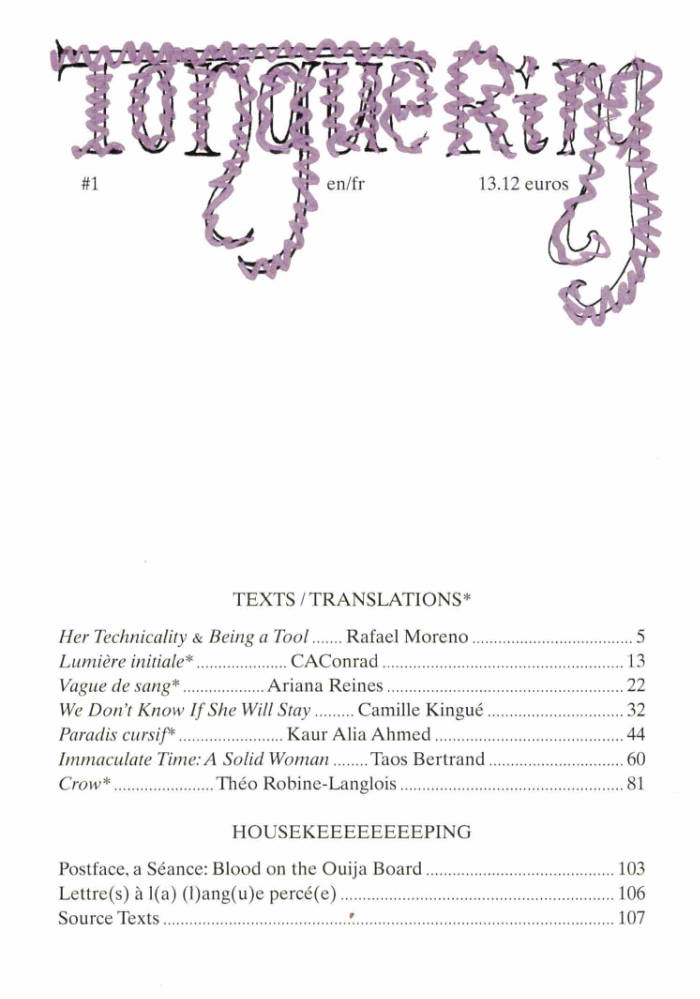
Little Joy: Selected Stories
Poet, writer, and translator Cecilia Pavón emerged in the late 1990s as one of the most prolific and central figures of the young Argentine literary scene—the so-called “Generation of the 90s”: artists and writers whose aesthetics and politics were an earnest response to the disastrous impact of American-exported neoliberal policies and the resulting economic crisis of 2001. Their publications were fragile—xeroxed, painted on cardboard—but their cultural impact, indelible.
A cofounder of Buenos Aires’s independent art space and publishing press Belleza y Felicidad—where a whole generation of soon-to-be-famous Argentine artists showed their work for the first time—Pavón pioneered the use of “unpoetic” and intimate content—her verses often lifted from text messages or chat rooms, her tone often impish, yet brutally sincere.
In 2015, Pavón’s first volume of collected poems, ‘A Hotel with My Name’, was published in English. Contemporary writers in the United States, Australasia, and Europe discovered a deep affinity with her work. Pavón’s protagonists, Ariana Reines noted, “are absolute women, guileless dreamers, saints in sneakers, on sidewalks, in jail, in Zara, on buses, in nightclubs, in bed.”
Translated by Pavón’s own poetic protégé Jacob Steinberg, ‘Little Joy’ collects the best of Pavón’s short stories written between 1999-2020, originally published in three volumes in Spanish.







